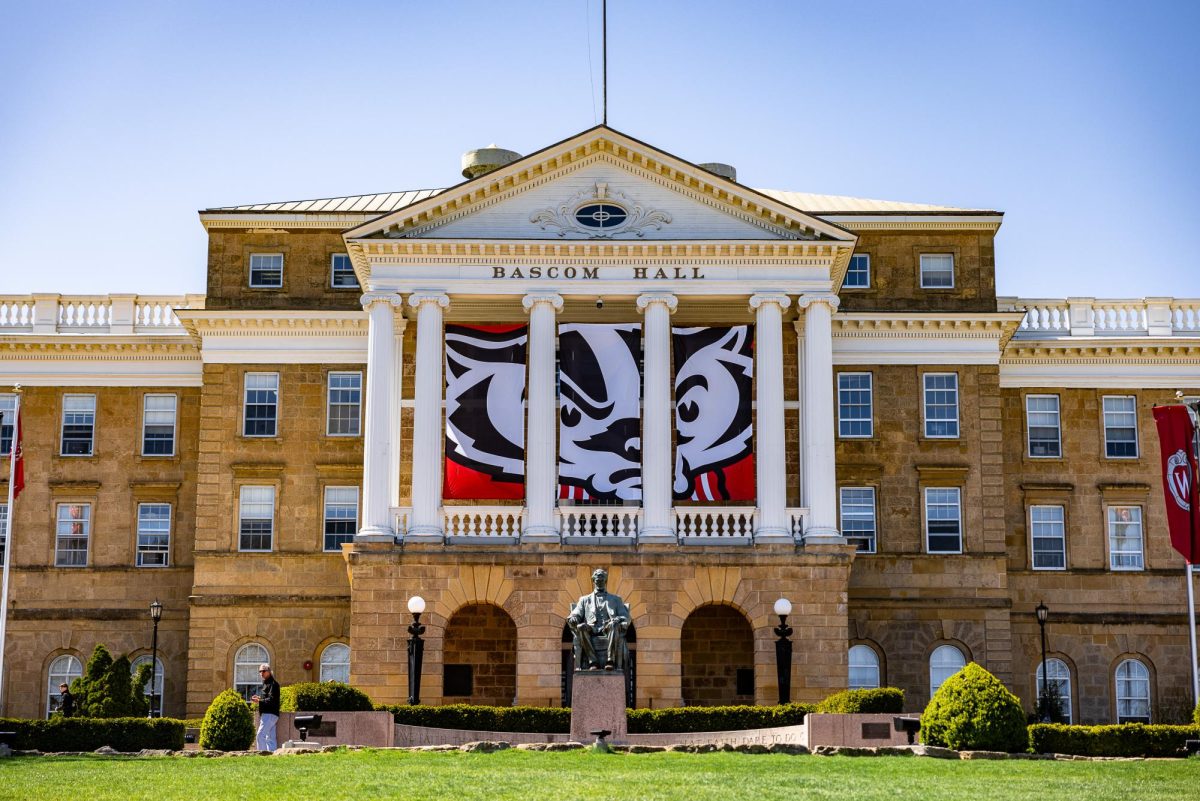Students driving home this semester may notice a difference in gas prices in Wisconsin versus other states: up to 30 cents worth, an amount some argue makes the difference in safeguarding jobs in the state.
Wisconsin gas stations can once again fix gas prices above cost following a ruling by a federal appeals court Friday.
This decision upholds a 71-year-old markup law.
The markup law is aimed at protecting jobs and the livelihoods of mom-and-pop gas stations throughout the state.
However, it also requires Wisconsin gas stations to sell gasoline at a much higher price than what they paid to buy it.
The court’s decision reversed an earlier ban by U.S. District Judge Rudolph Randa.
Rando ruled in February 2009 the law was unconstitutional because it violated federal antitrust laws.
A three-judge appeals court disagreed because the law does not require Wisconsin gas stations to agree to charge a specific price and is therefore not anti-competitive.
“It may well be that gasoline retailers are getting together with each other and agreeing on how to estimate their costs or what final price to charge, or that retailers and wholesalers are colluding to manipulate the average posted terminal price,” the court said in the ruling. “However, we have been given no indication that such corruption has tainted the gasoline pricing scheme in Wisconsin.”
The Wisconsin Unfair Sles Act of 1939 requires gas stations to sell gas at a price 6 percent higher than what they paid, or 9.18 percent above the average local wholesale price, whichever is higher.
Stations can sell for less to match competitor’s prices, but they can also report violators who do not mark up prices enough and state regulators can then send letters notifying sellers of violations.
National gas retailer Flying J originally sued the state over the markup law, claiming they could make a profit by selling gas for lower than the markup after a Kenosha business group filed a lawsuit claiming Flying J did not mark their Wisconsin gas prices up enough.
After Randa’s decision, Wisconsin Attorney General J. B. Van Hollen declined to appeal.
Crossing party lines, Gov. Jim Doyle also supports repealing the law.
However, the Wisconsin Petroleum Marketers and Convenience Store Association became involved in the case and won the appeal.
The reach of the markup law may also extend beyond gasoline to other items because the law applies to tobacco, alcohol, prescription drugs and other products.
Both Randa’s original ruling and the appeals court ruling only applied to gasoline prices.
“The markup law additionally forbids retail pharmacies from being able to offer our consumers deals that are available in almost every other state – such as hundreds of generic drugs at a total retail cost of four dollars,” said state Sen. Tim Carpenter, D-Milwaukee, in a statement. “The court ruling underscores the necessity of repealing this outdated minimum markup law.”
















